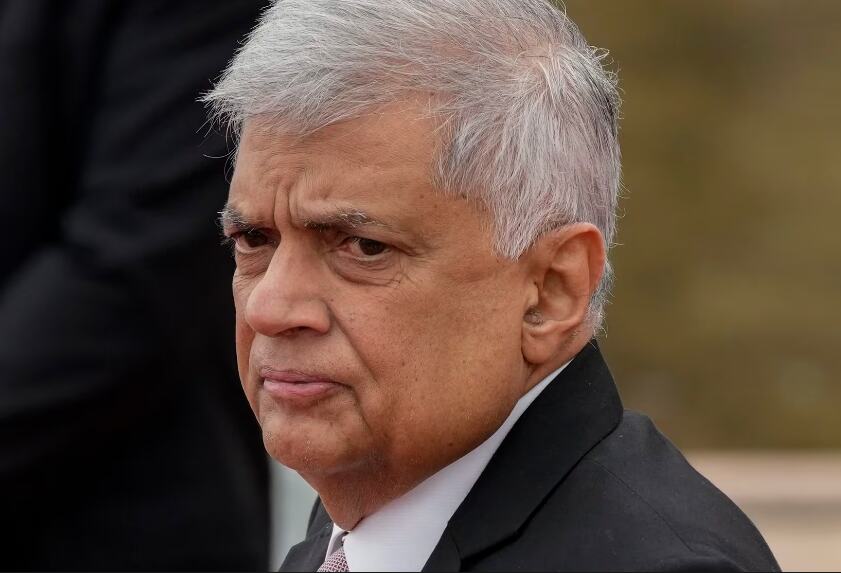Sri Lanka Looks East: President Announces Bid to Join Major Trade Bloc RCEP
Sri Lanka aims to join the RCEP trade bloc, including major economies like China and Japan, as part of its efforts to rebuild its crisis-hit economy and capitalize on East Asian development. President Wickremesinghe emphasized the need for economic focus to shift towards the East and highlighted the potential of joining RCEP to strengthen economic connectivity in Asia. Sri Lanka seeks to establish free trade agreements with ASEAN member countries and foster economic cooperation within the region. This announcement highlights the country's determination to rejuvenate its economy and actively participate in regional economic partnerships.
Sri Lanka's President, Ranil Wickremesinghe, announced on Thursday that the country is seeking to join the Regional Comprehensive Economic Partnership (RCEP) trade bloc, which includes major economies like China and Japan. This move comes as Sri Lanka aims to rebuild its crisis-hit economy and capitalize on the rapid development in the East Asian region.
President Wickremesinghe made this announcement during the 56th anniversary celebration of the Association of South East Asian Nations (ASEAN) held at Indonesia's embassy in Colombo. In his speech, President Wickremesinghe emphasized the need for Sri Lanka's economic focus to shift towards the East, in line with the region's significant progress.
He expressed the country's intention to work closely with ASEAN nations and highlighted the potential of joining RCEP as a means to bolster economic connectivity within the broader Asian region. Sri Lanka is currently working with its external creditors to renegotiate over USD 40 billion to meet an IMF deadline, and the country also aims to establish free trade agreements with ASEAN member countries.
President Wickremesinghe's statement underscores Sri Lanka's determination to strengthen its economic ties within Asia, particularly with ASEAN. He affirmed his alignment with ASEAN's future vision for the Indo-Pacific area and pledged full support for its strategic perspective. Sri Lanka seeks to foster economic cooperation and trade linkages, as well as engage actively in regional economic partnerships to achieve its economic ambitions.
The country's recent financial crisis, the worst since its independence from Britain in 1948, has highlighted the need for rejuvenation. President Wickremesinghe expressed a renewed commitment to pursuing closer ties with ASEAN, recognizing the strong cultural and historical connections between Southeast Asia and Sri Lanka.
He emphasized the importance of leveraging these relations to drive economic and political cooperation. Sri Lanka's desire to have the Indian Ocean region free of military interventions aligns with ASEAN's objectives for the area. RCEP, comprised of 15 members including ASEAN, China, Japan, South Korea, Australia, and New Zealand, offers an avenue for Sri Lanka to expand its economic reach and tap into the growth potential of the East Asian region.
Overall, President Wickremesinghe's announcement on Sri Lanka's intention to join RCEP and focus on the East highlights the country's commitment to rebuilding its economy and actively participating in regional economic partnerships. Through these collaborations, Sri Lanka aims to open new avenues for growth and development, positioning itself as an active player in the Asian economic landscape.




